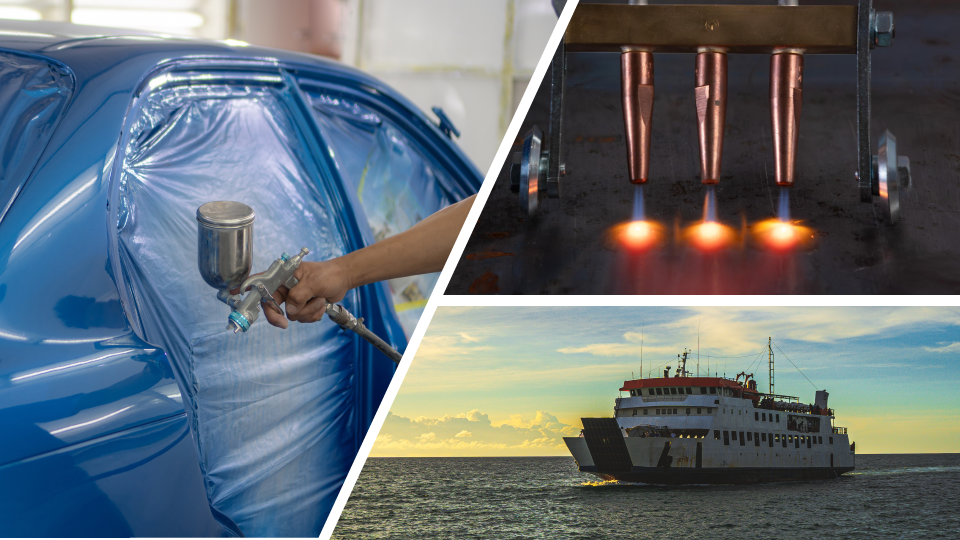Early pilot projects are proving the technology’s viability and helping create the demand signals needed for large-scale deployment.
The International Hydrogen Ramp-up Programme (H2Uppp), initiated and funded by the German Federal Ministry for Economic Affairs and Energy (BMWE) and implemented by the Deutsche Gesellschaft für Internationale Zusammenarbeit (GIZ), is driving these efforts. H2Uppp supports early-stage projects across the Global South with pre-feasibility studies, business model development, regulatory and certification support, and guidance for European companies seeking partnerships.
The Global South, rich in renewables, can become both a major green hydrogen producer and future market, with many governments seeking guidance on national PtX strategies. Through public-private cooperation (PPP) projects, H2Uppp brings together European companies, local partners, and GIZ to foster the growth of green hydrogen and PtX applications across the entire value chain. Activities are implemented in close cooperation with the respective German Chambers of Commerce Abroad (AHKs).
Driving Demand in the Metalworking Industry
In Brazil and Chile, H2Uppp and Wilo SE are testing integrated systems that produce green hydrogen, energy and oxygen for use in industrial processes. These pilots demonstrate how the metalworking sector – one of Brazil’s key industrial branches – can take tangible steps towards Decarbonisation. At the same time, each deployment boosts local hydrogen demand, a vital step for market growth.
Greener Paint Shops for the Automotive Industry
Another initiative in Brazil, jointly implemented with Tünkers Maschinenbau GmbH, tests a modular hydrogen-based paint-drying system for car manufacturers. Where fossil fuels once powered drying processes, green hydrogen now takes over – pushing the Decarbonisation of Brazil’s industrial landscape while simultaneously strengthening hydrogen demand from one of the country’s most influential sectors. Major car makers producing in Brazil have already expressed interest, indicating that the solution has promising market potential.
Hydrogen-Powered Cutting Technologies
Together with Messer Cutting Systems GmbH, H2Uppp is also promoting climate-friendly cutting technologies for Brazil’s metalworking industry. The cutting torches use green hydrogen instead of fossil gas, and a demonstration plant is already operational. Training programmes have been launched to build local expertise –ensuring the technology can scale and contribute to long-term decarbonisation. Again, each step strengthens the demand side of the hydrogen economy.
Exploring Zero-Emission Ferry Operations
Indonesia, the world’s largest archipelagic nation, relies heavily on ferries for transport. H2Uppp is working with Hydrogen de France and Neuman & Esser to assess whether ferries powered by hydrogen fuel cells and batteries can operate economically. The study also examines how local hydrogen production and supply chains could be established. This project not only supports cleaner transport but also opens a new demand segment for green hydrogen in an island nation with growing energy needs.
Green Methanol from Pig Manure
Pig manure – both a major source of CO₂ emissions and a valuable resource for green methanol production – stands at the centre of another remarkable project in Brazil. Together with Mele Biogas GmbH, H2Uppp demonstrated that producing 275,000 tonnes of green methanol per year from green hydrogen and biogas is economically viable, with the potential to save up to 1.3 million tonnes of CO₂ annually. Following the project, Mele secured financing for its first biomethane plant in Paraná, and initial off-takers have been identified. The state is already integrating the concept into its hydrogen action plan. This showcases how early-stage support can lead to real investments, real emissions reductions, and real market uptake.
Building the Skills for a Hydrogen Economy
In Mexico, the partnership with Siemens Energy focuses on knowledge-building. Through targeted training, engineers, technicians and decision-makers gained hands-on insights into business cases for green hydrogen and its applications in both industry and decentralised energy systems. Strengthening human capital is critical for scaling viable projects along the value chain.
Breaking the Market Deadlock, Pilot by Pilot
Across sectors from machinery and chemicals to mobility and energy, a clear pattern emerges: H2Uppp-supported pilots generate new hydrogen demand, bringing the global market closer to maturity. By proving green hydrogen and PtX solutions in real industrial settings, the programme tackles the sector’s market deadlock where producers won’t invest in large-scale green hydrogen without assured demand, while buyers won’t adopt it without reliable, affordable supply. Each pilot, training programme, and feasibility study not only drives industrial decarbonisation in partner countries but also reinforces the global business case for green hydrogen. H2Uppp demonstrates that industrial decarbonisation and market development are two sides of the same coin – and that early-stage investment can advance both simultaneously.
Would you like to find out more about pilot projects on green hydrogen and Power-to-X solutions? Visit the H2Upp project website.
